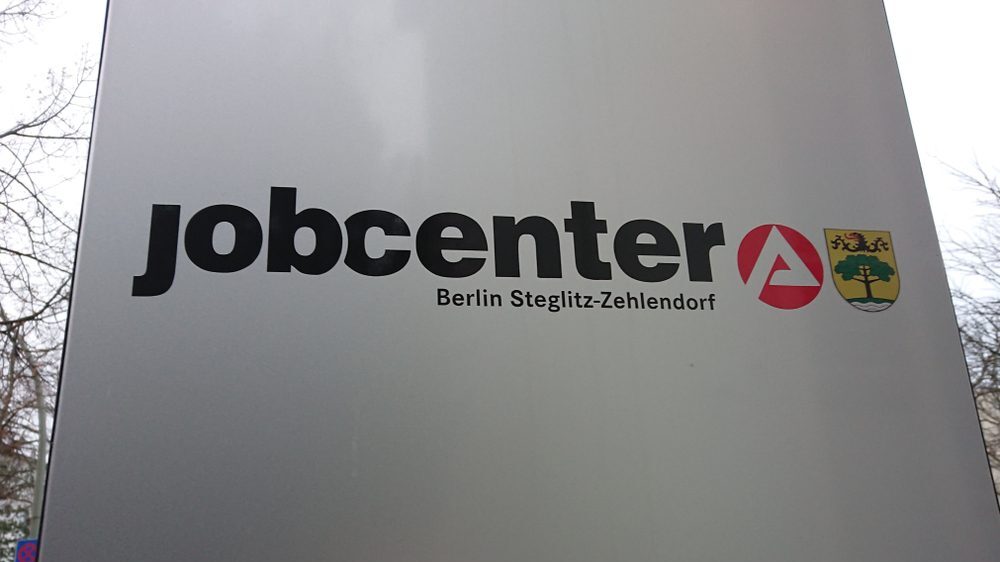
Photo: Cineberg / Shutterstock.com
In the past decade, the number of German welfare recipients has halved while the number of foreigners receiving social welfare payments has doubled, statistical data from the Ministry of Labor has revealed. Union and FDP politicians have called for payments to be tied to work so the social welfare system isn’t taken advantage of.
German taxpayers have paid out a total of €132.8 billion to foreign recipients of Hartz IV social welfare aid since 2010.
The figures, released by Germany’s federal government in response to an inquiry by the Alternative für Deutschland (AfD) parliamentary faction, revealed that the state spent €15.4 billion on foreign recipients of social benefits in 2022, up from the €6.9 billion it spent in 2010, representing a 122% increase.
The number of foreign recipients of Hartz IV social welfare benefits between 2010 and 2022 increased from 1.3 to 2.6 million, while, in sharp contrast, the Germans receiving the same social benefits fell considerably in the same time period, dropping from 5.2 million to 2.9 million recipients.
A particularly sharp uptick in the number of foreigners using social welfare benefits was observed first in 2015 and 2016, during Europe’s migration crisis, and then in 2022 as 2.7 million migrants, including over one million Ukrainian refugees, arrived in Germany.
In light of the worrying numbers, AfD MP René Springer, who serves as the party’s labor and social policy spokesman, has called for a “restrictive immigration policy that effectively prevents immigration into [Germany’s] social system.”
Springer warned that the survival of Germany’s welfare state is at stake if current trends persist—and if social welfare payments to foreigners continue to balloon.
If “established politics continue to rely on open borders and uncontrolled migration,” Springer continued, Germany’s “welfare state can no longer be financed in the longer term in this way.”
The AfD lawmaker added:
The citizens’ income introduced by the incumbent federal government is now acting as another immigration magnet. The tendency towards poverty migration is thus further intensified.
The numbers reflect a threatening situation. The German social system was once exemplary for a progressive, just society that rewards the high-performing and does not leave the weak and unable to work in misery. Today it is increasingly being misused as a redistribution and supply system for foreigners. There will soon be no more welfare state on this path.
Ukrainians (707,000), Syrians (500,000), Turkish people (200,000), Afghans (176,000), and Iraqis (115,000) are the largest groups of welfare recipients from abroad, according to figures from the Federal Employment Agency.
News of the drastic increase in foreign welfare recipients comes amid calls from CDU/CSU and FDP politicians to make working and contributing to one’s community obligatory for asylum seekers.
“Our welfare state helps those who need help. However, the state must be able to expect that every individual will then also contribute to the success of society within the scope of their possibilities. For example, through charitable work,” said Steffen Jäger (CDU), president of the Baden-Württemberg Municipal Council.
CSU regional group leader Alexander Dobrindt has proposed that welfare payments be tied to work, saying: “An offer of work must be part of the integration process. If this offer is not accepted, there must be benefit cuts.”
FDP MP Stephan Thomae said:
The aim must be to organize and control migration in such a way that there is no immigration into the social systems, but into the German labor market.
Anyone who makes an effort, wants to work here and contribute something to our society should also get this perspective. Anyone who doesn’t have to do this must leave Germany again.
